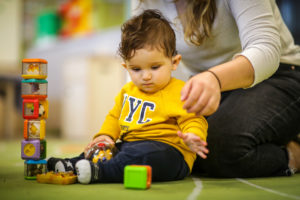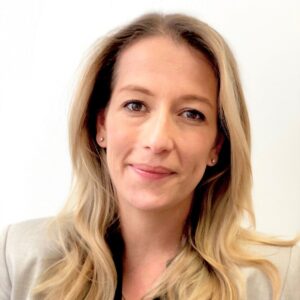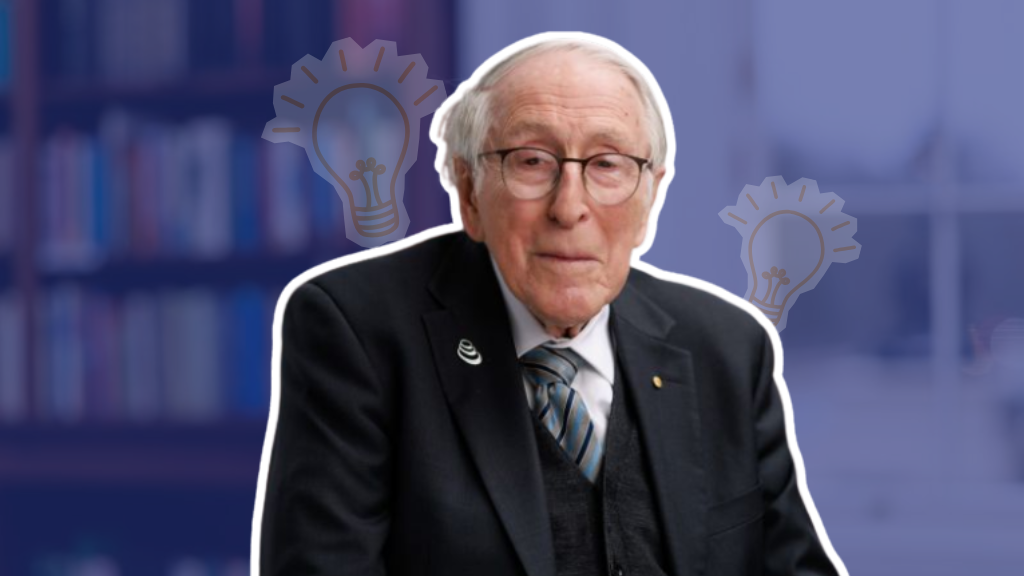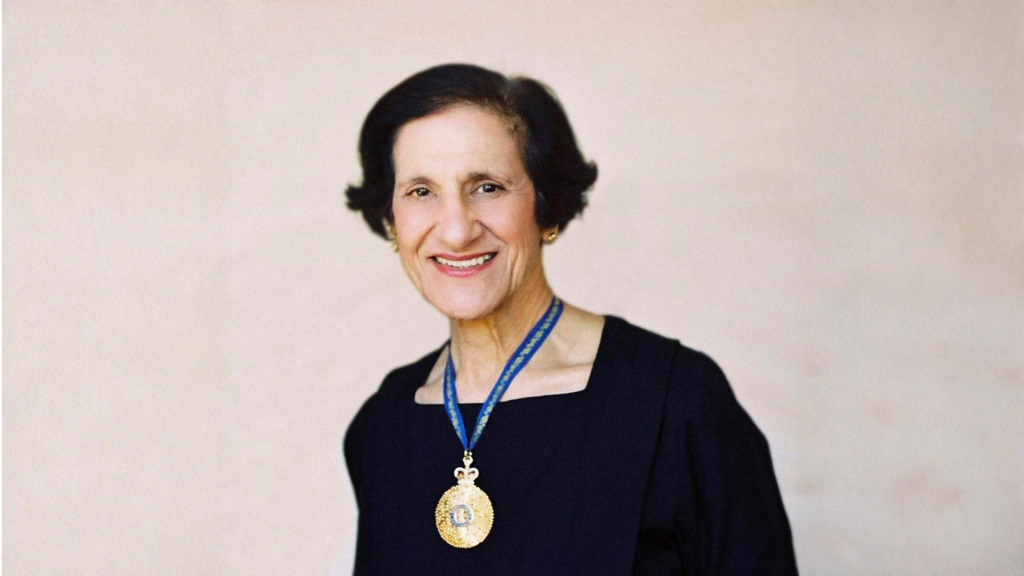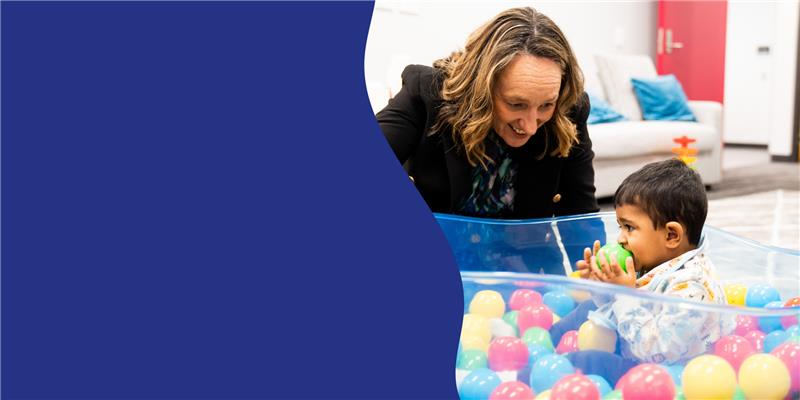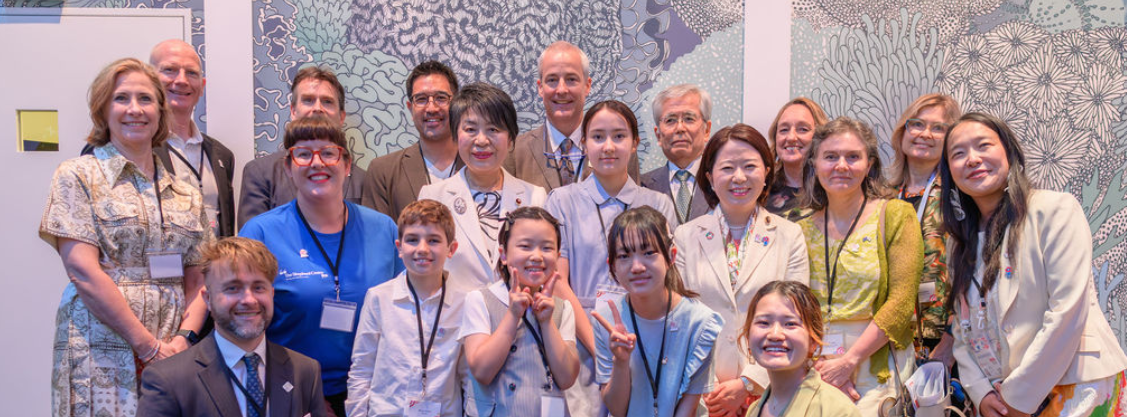Children with hearing loss now have the opportunity to enter into mainstream schooling with listening and spoken communication skills that are on par with their typically hearing peers. This is an encouraging possibility and a key goal of many families that use listening and spoken language as their main mode of communication in the home.
The development of age-appropriate listening and spoken communication skills for children with hearing loss does not come without effort; it relies on consistent and purposeful support, including close management of hearing, consistent use of hearing technology, and individualised family-focussed intervention for skill development. However, there is now so much information, research and resources for hearing impaired children, parents and carers should feel assured that their child will have a bright future.
What is the connection between sound and speech?
When a child is learning to communicate through listening and spoken language, the presence of a hearing loss compromises their ability to access sound in a way that an individual with typical hearing would. In order for a deaf child to learn to listen and speak, they need to be able to hear and understand all of the sounds of speech that are used in the language they are developing.
If at any point in time a child has limited or compromised access to the sounds of speech, this will, in turn, have an impact on the child’s ability to develop speech sounds and have clear representations of words, which formulate language skills. Find out what can be done for your child here.
How do children who are deaf learn?
Children who are deaf learn listening, speech and language skills from the time that they are born; in fact, the hearing system develops while a baby is still in utero. It is critical for children with hearing loss to have optimal access to sound from as early as possible in order for them to develop age-appropriate listening and spoken language skills.
Research has demonstrated that optimal and critical periods for auditory brain development exist, and without access to sound, auditory brain development will be compromised and this optimal time for development may pass. It is essential that the brain receives optimal access to sound early in a child’s life in order for auditory brain development to have the opportunity to occur.
In order for a child with hearing loss to develop clear speech and language, it is important for their brain to have optimal access to all of the sounds of speech at all times; for many children who are deaf, this will rely on consistent use of hearing technology and ongoing management of their hearing status to ensure they are using hearing technology best suited to their hearing needs.
Is one hearing test enough?
As hearing can change over time, this close monitoring and timely management are essential, particularly in the early years of a child’s life when they are not yet able to self-report on sounds they are hearing, or conversely, times when they might be finding it difficult to hear. As an integrated early intervention organisation, The Shepherd Centre has a team of Paediatric Audiologists and ENT Surgeons with extensive knowledge and skills for the close clinical management of hearing loss.
Engagement in early intervention services will help to closely monitor and track a child’s development across communication domains across time. As speech and language skills develop from infancy, it is important that a child’s skills are closely monitored and fostered from the time that they receive a diagnosis of hearing loss.
What is involved in an Early Intervention program?
Communication is complex in nature and relies on both the listener and the speaker to effectively share a message and understand the content and intent of that message. For children with hearing loss developing listening and spoken communication skills, there are many aspects of communication that are the focus of intervention, including:
- Listening skills: the ability to actively listen to sounds and spoken information
- Receptive language skills: the ability to understand language and spoken information
- Expressive language skills: the ability to formulate words and sentences to communicate a spoken message
- Speech skills: the ability to produce sounds and combine sounds to make words
- Social skills: the ability to use communication skills appropriately with others in varying contexts
- Literacy skills: the ability to develop skills for reading and writing.
As each child is unique, the learning goals for their listening, speech and language skill development will be individualised to their specific needs. The Shepherd Centre has a team of Speech Pathologists (Listening and Spoken Language Specialists) with extensive skills in supporting the individual needs of a child with hearing loss using Auditory-Verbal Therapy.
Our team ensure children with hearing loss and their families they have access to evidence-based, goal-driven intervention to help their child reach their full potential. It is with this support that children with hearing loss are able to lay important foundations for lifelong learning. Listening, spoken language, social and literacy skills continue to develop into the formal schooling years, and students with hearing loss will often benefit from ongoing school-age intervention support.
What is the parent’s or carer’s role in Early Intervention?
Children learn best when they are actively engaged in enjoyable experiences in a safe environment. This is typically with parents, carers or family members who spend time with the child in their day to day life. At The Shepherd Centre, intervention services focus on parent education and support, with our clinical team developing the skills of parents and/or carers to be the main facilitators of their child’s learning and development of listening and spoken communication skills.
Intervention consists of individual therapy sessions, group programs and parent education sessions. Our Child and Family Counselling team help to support the individual needs of each family throughout their intervention journey. It is with this rounded support that a child with hearing loss has the best opportunity to develop listening and spoken communication skills they need to reach their full potential in the hearing world.
Find out more about different types of hearing loss conditions here.
If you know a child who could use our support, contact our friendly Family Care team for more information.
Written by Ingrid Steyns, Principal Manager Listening and Spoken Language Specialist, Programs

